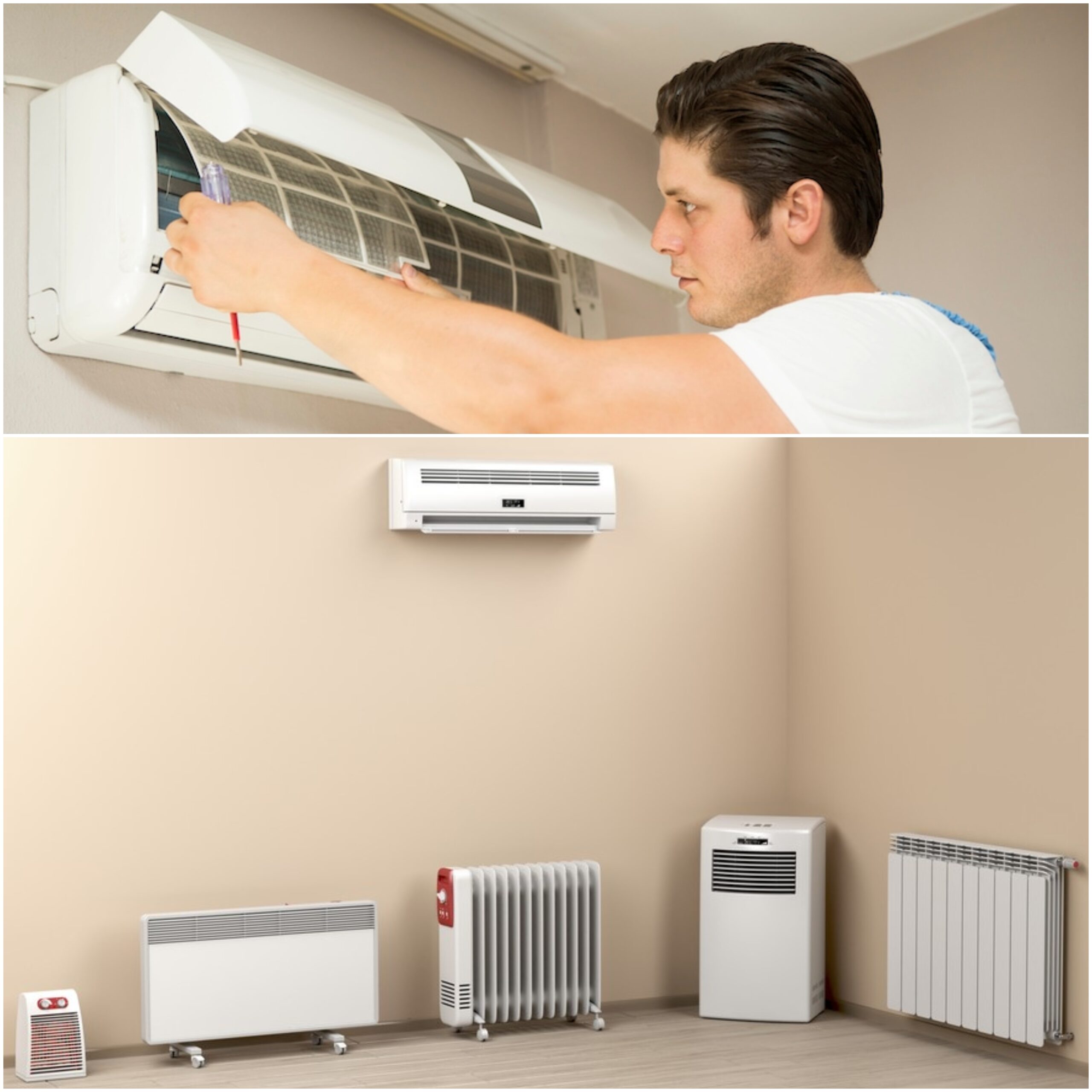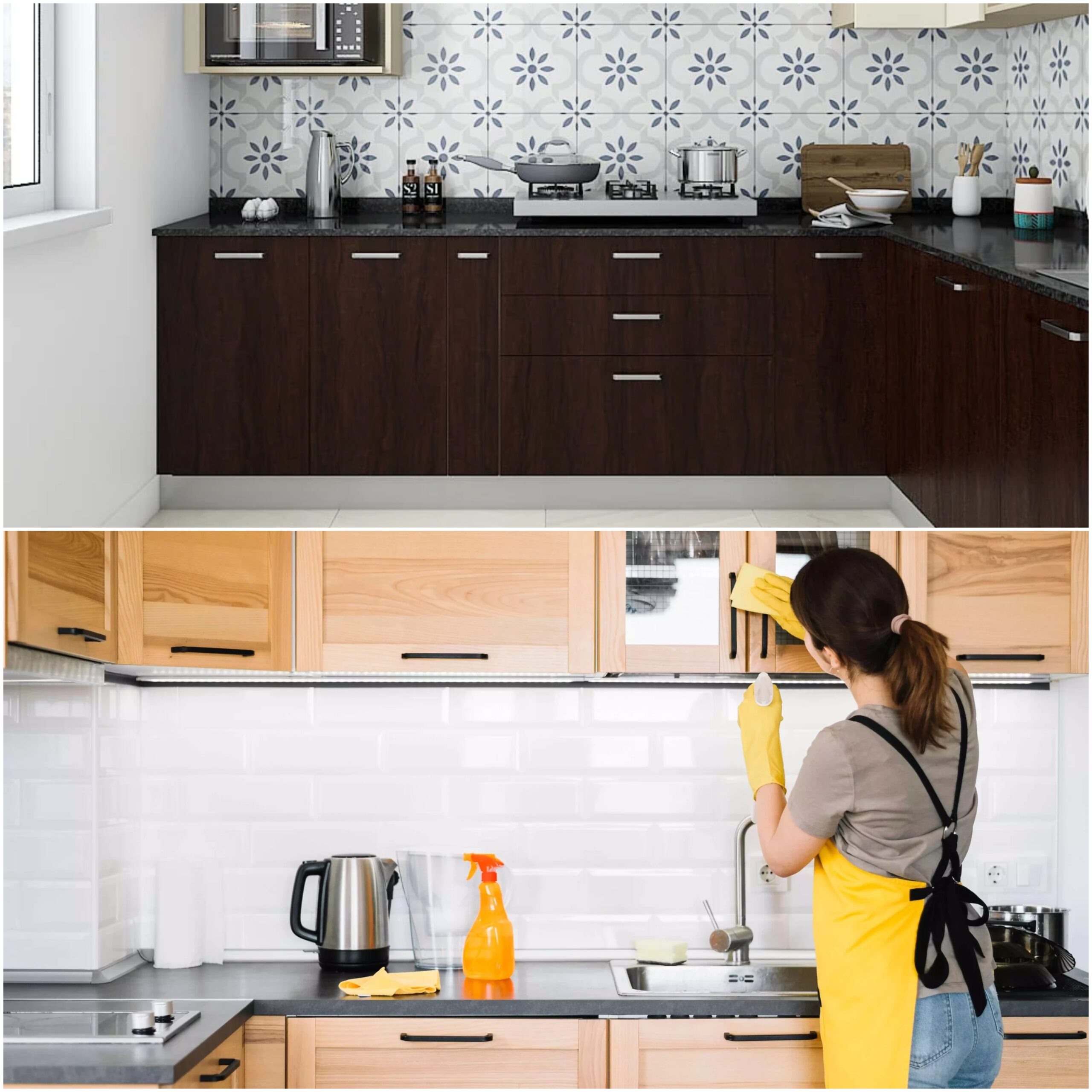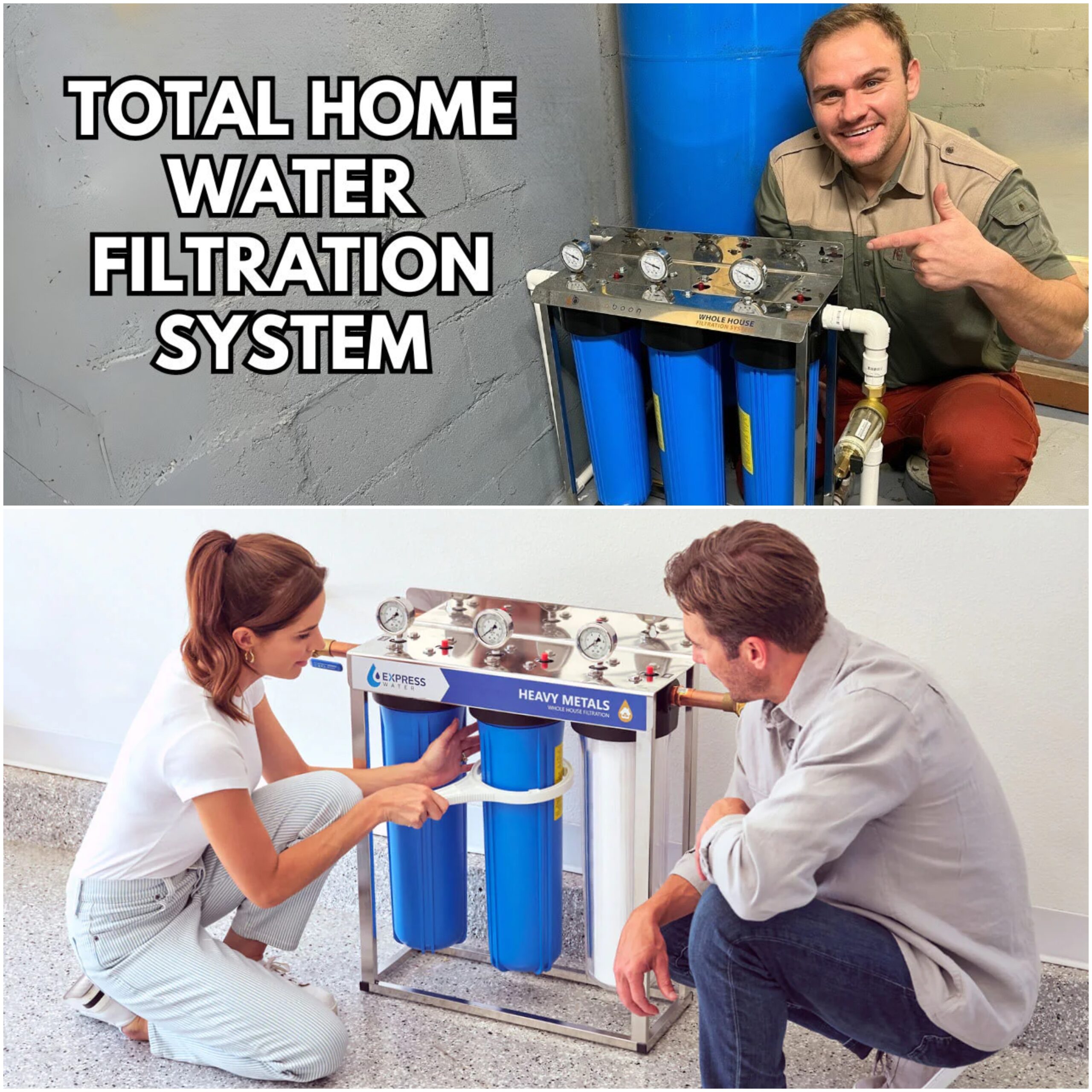Maintaining the efficiency of your home heating system is necessary, particularly in the USA where harsh winters can drive up the cost of heating.
In addition to saving you money, a functioning properly heating system also maintains comfort in your house and reduces energy use, which benefits the environment.
Let’s look at some simple, useful advice that will help you maintain the best possible condition for your heating system.
Putting these suggestions into practice can have a significant impact on both the annual cost of heating and the efficiency of your system.
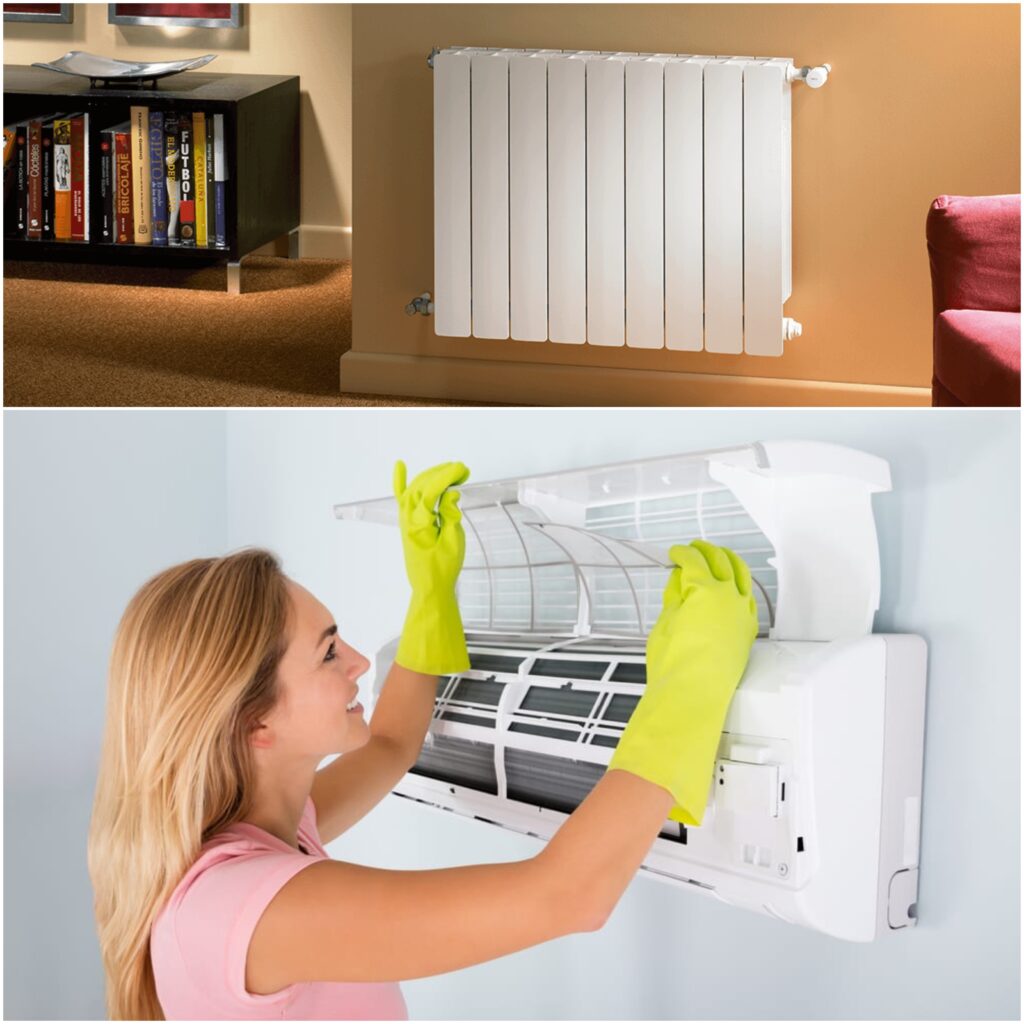
How to Keep Your Home Heating System Efficient?
Regular Maintenance
Maintaining the productivity of your home heating system requires routine maintenance.
The following are some important steps to take,
1. Schedule Annual Professional Inspections
Having a professional inspect your heating system once a year is a good idea.
They are able to identify little difficulties before they grow into major ones. This extends the lifespan and improves system performance.
2. Change Air Filters Regularly
Home heating system may have to work harder to get airflow because of dirty air filters.
It is recommended that you check your filters once a month and replace them every one to three months, based on how frequently you use your system.
More airflow and cheaper energy costs are the results of clean filters.
3. Check and Clean Ducts
Blockages in your ducts can result from the accumulation of particles and dirt over time. Not every region of your house may be able to get warm air due to these barriers.
It may be time to clean your ducts if you find that some rooms are noticeably colder than others.
This is something a professional will help with; making sure your heating system operates effectively.
Best HVAC Companies – CLICK HERE
Seal Windows and Doors
Your home heating system will have to work harder to keep things warm if there are drafts around windows and doors that allow cold air to enter your house.
Not only does this squander heat, but it also raise your energy costs.
Here are a few easy ways to help keep warm air in and cold air out,
1. Weatherstripping
A tight seal can be created by installing weatherstripping around the edges of windows and doors. This keeps your house warm and helps prevent drafts.
Installing weatherstripping is simple and comes in many materials, so you may select the one that best suits your property.
2. Using Door Sweeps
Strips called door sweeps are fastened to the below of doors.
They help in sealing the opening created between the door and the floor, keeping cold air out.
A simple improvement that can have a significant impact is installing a door sweep.
3. Caulking
A substance called caulking is used to seal the spaces between windows and doors. Caulk helps to seal these gaps, preventing drafts from coming in.
Make sure the caulk you select is suitable for your needs, and keep an eye out for any cracks that may require repair.
Read: How to Properly Maintain Your Home Septic Tank?
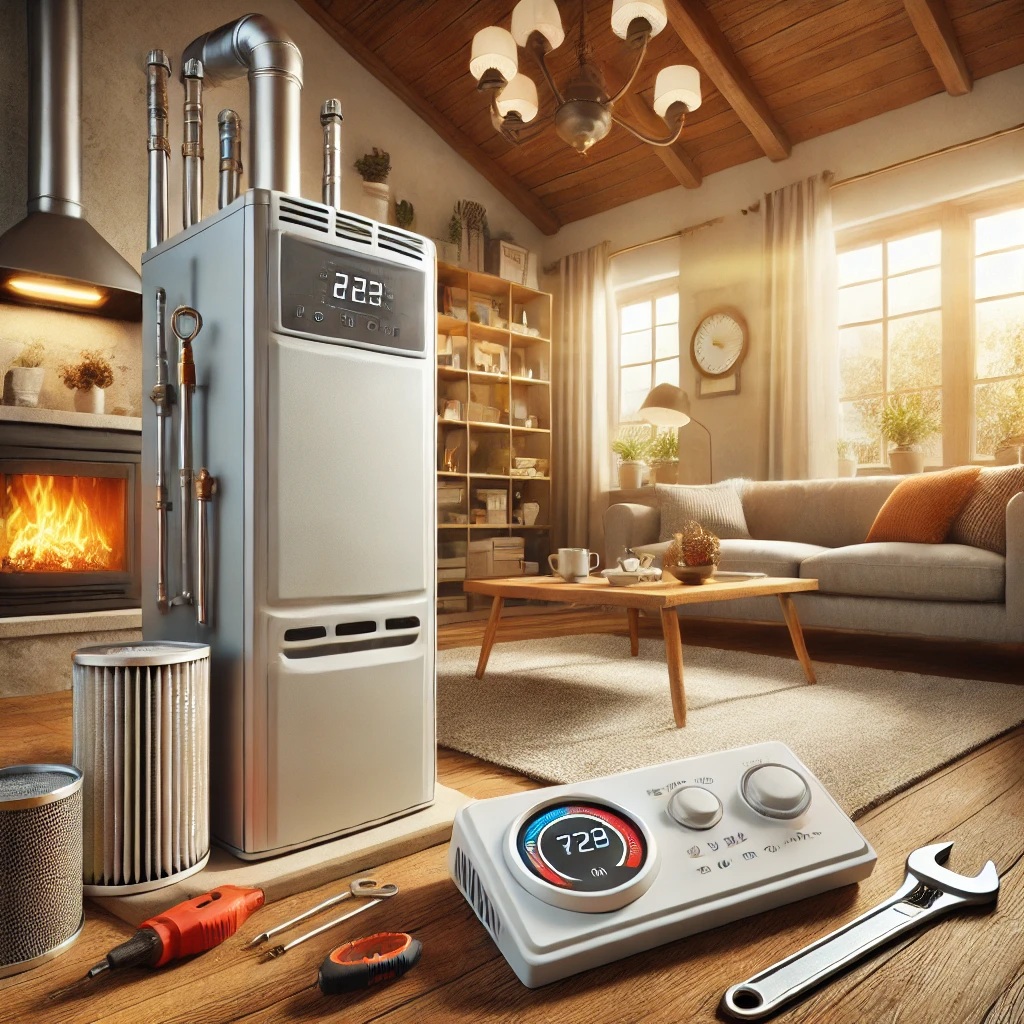
Install a Programmable Thermostat
You could be greatly enhanced the heating efficiency of your house with a programmable thermostat.
How it helps is as follows,
1. Energy Savings
You may set multiple temperatures for different times of the day using programmable thermostats.
As a model, you could turn the temperature up right before you leave for home and down while you are at work.
In this manner, you consume energy only when you need it and preserve it for times when you do not. This can result in considerable energy cost savings over time.
2. Smart Thermostats for Convenience
It goes one step beyond with smart thermostats. You may use an app on your smartphone to control them after they connect to your Wi-Fi.
It means this, whether that you are at work or on vacation, you can control the temperature of your house from anywhere.
To increase productivity, a lot of smart thermostats also learn your schedule and modify the heating automatically based on your routines.
Bleed Radiators and Vents
It is important that you routinely bleed the radiators and vents in your house if it has steam or water-based heating.
This maintains the performance of home heating system and boosts heat distribution.
1. Why Bleeding Radiators is Important?
Radiators may become airtight with time, which will hinder the correct flow of hot water.
Parts of the radiator may remain cold as a result, requiring more effort from your system to heat your house.
This trapped air is released by bleeding the radiators, which evens out the heat distribution.
2. How to Bleed a Radiator?
- After turning off your home heating system, allow the radiators some time to cool.
- The radiator valve at the top can be gradually opened by using a radiator key, or a flathead screwdriver for certain models.
- A hissing sound will be heard as the trapped air releases itself and once the water begins to flow, shut off the valve.
- Check to see if the radiator heats up evenly after turning the heating system back on.
This easy procedure can lower the amount of energy your system uses and significantly improve how effectively your house stays warm.
Insulate Your Home
The effectiveness of home heating system and the warmth of your house are greatly influenced by proper insulation.
A well-insulated home help to keep heat inside, which lessens the amount of effort required of your heating system.
Here are some reasons to prioritize insulation,
1. Why Insulation Matters?
Warm air is kept in and cold air is kept out by insulation’s barrier effect.
Home heating system has to work harder to keep the temperature acceptable when there is inadequate insulation since heat can escape through the walls, the roof, and even the floors.
Bills for energy may increase as a result.
2. Key Areas to Insulate
- Attic
An uninsulated attic is one of the main places where heat escapes because heat rises. Your energy bills can be lowered and the warmth maintained in the attic by adding insulation.
- Basement
Cold air might creep in from below if your basement is un-insulated. Boosting the thermal performance of the entire house and reducing heat loss can be done by insulating the basement’s walls and floors.
- Walls
Your home’s walls can act as a barrier to prevent heat from escaping by being insulated. Even if your house has insulation already, it is always a good idea to look for any gaps or places that could be improved.
Read: Outdoor Entertainment Ideas: Hosting the Ultimate Backyard Party
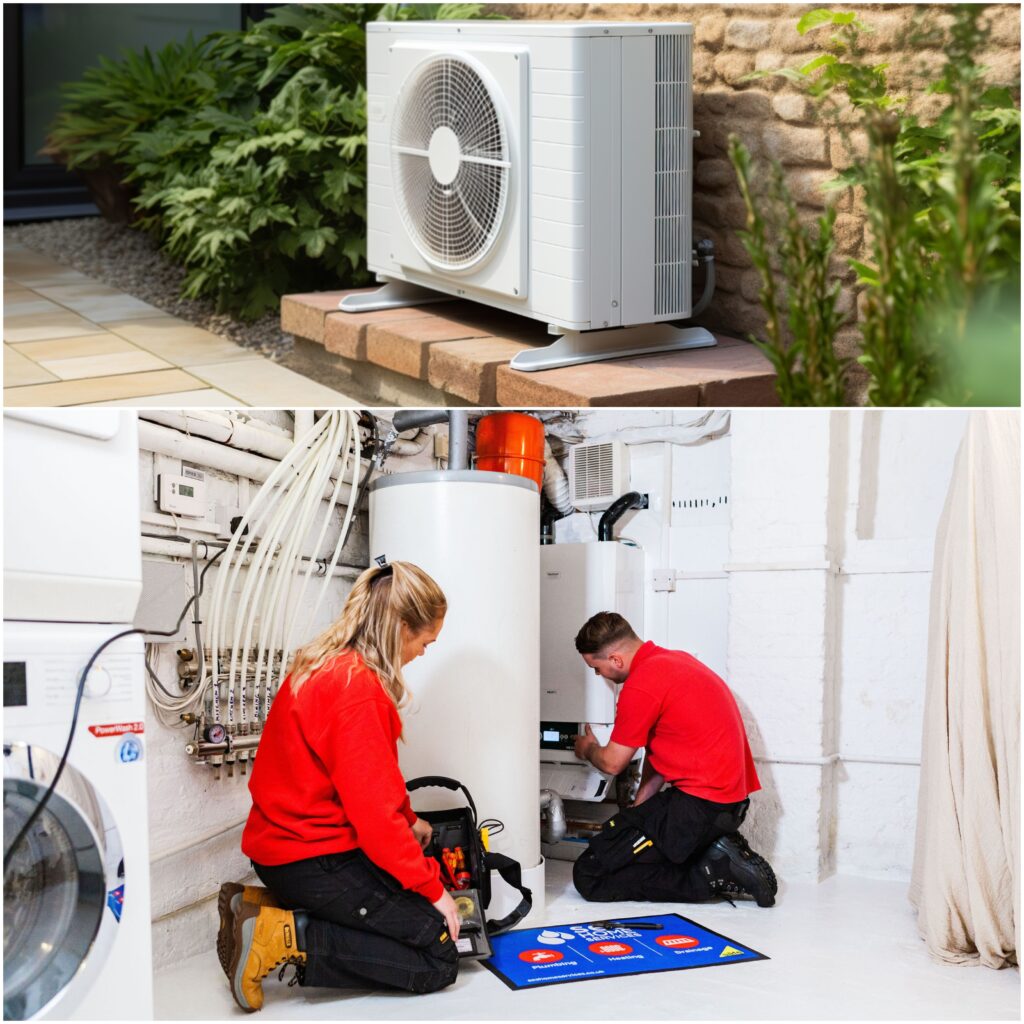
Keep Vents and Registers Clear
Ensuring that all vents and registers are clear of obstacles is important for maintaining the optimum functioning of your home heating system.
Blocked vents hinder the proper circulation of warm air, causing your system to work harder and consume more energy.
1. Why You Shouldn’t Block Vents?
Warm air cannot circulate throughout the space if heating vents or registers are blocked by furniture, drapes, or carpets.
As a result, your home may have inconsistent heating, with some rooms remaining cold and others becoming overly heated.
In an attempt to maintain a constant temperature, home heating system will expend more energy, which raises your energy costs.
2. Tips for Free Airflow
- Move Furniture Away
Large furniture items, like as couches or bookcases, should be kept away from vents. Warm air can now easily circulate throughout the space.
- Avoid Covering Vents with Curtains
Long curtains can prevent the transmission of heat. If possible, use shorter curtains or shift them out of the way of the vents.
- Regularly Check for Blockages
Develop the habit of routinely inspecting your registers and vents for anything that might be blocking them. By keeping these spaces free, you can make sure that heat enters every part of your house.
Consider Upgrading Your Heating System
Even with the most beautiful maintenance, older heating systems can perform less effectively than more recent types.
If your system is old, replacing it with a more recent, energy-efficient model will increase your home’s comfort level and save you money.
1. When to Replace Your Heating System?
It may be time for a replacement if your heating system is more than 15 to 20 years old or requires frequent repairs.
Older systems may have trouble heating your home evenly and tend to use more energy.
A modern model can work better and save your energy costs if you replace them.
2. Benefits of Energy Star-Rated Systems
Energy Star-rated modern heating systems are made to consume less energy to produce the same amount of heat, or even more.
A new system may seem expensive up front, but in the long run, the savings are considerable.
Energy-efficient models are better for the environment and can reduce your heating costs by up to 20%.
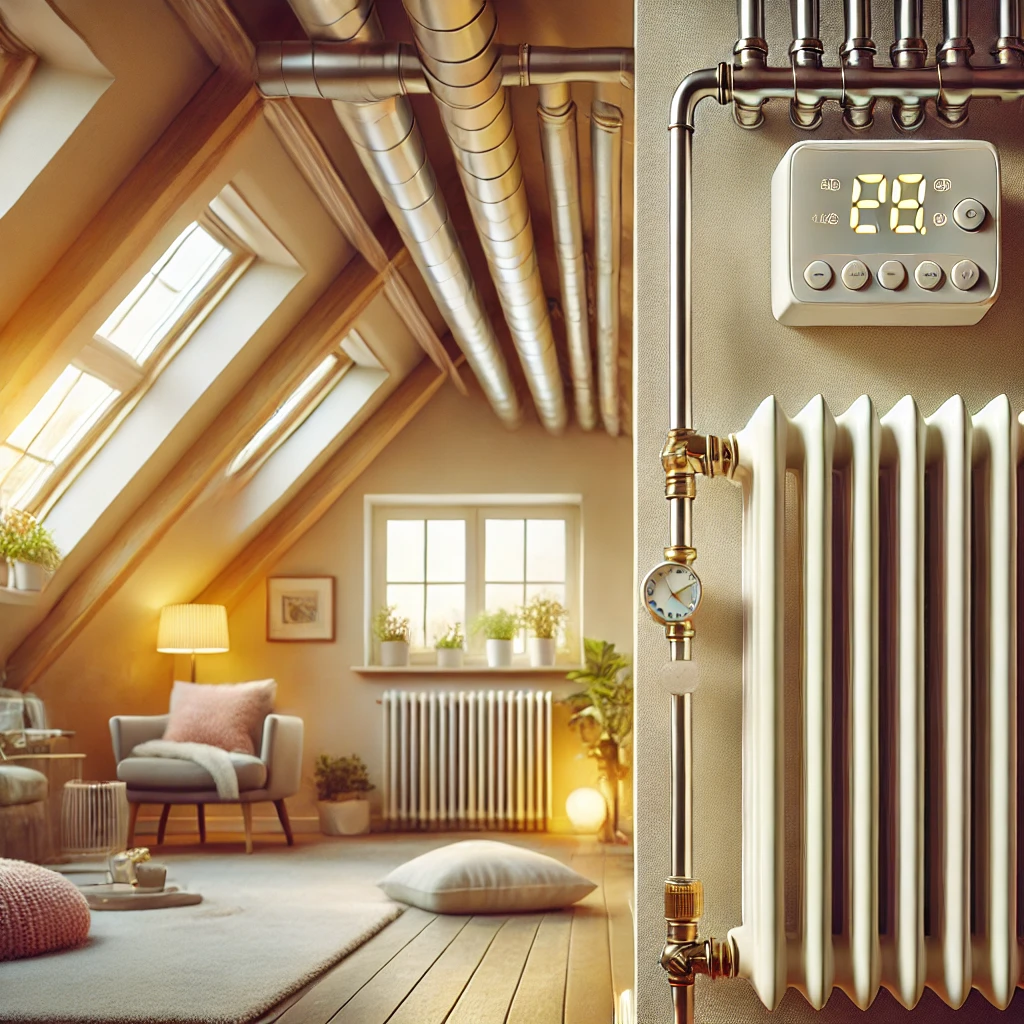
Bottom Line
Maintaining the energy effectiveness of your home heating system does not have to be difficult. You can reduce your heating costs, preserve energy, and maintain a warm and cozy house throughout the winter by taking a few easy measures.
Read: The Importance of Privacy Laws in Home Security: What US Homeowners Should Know







